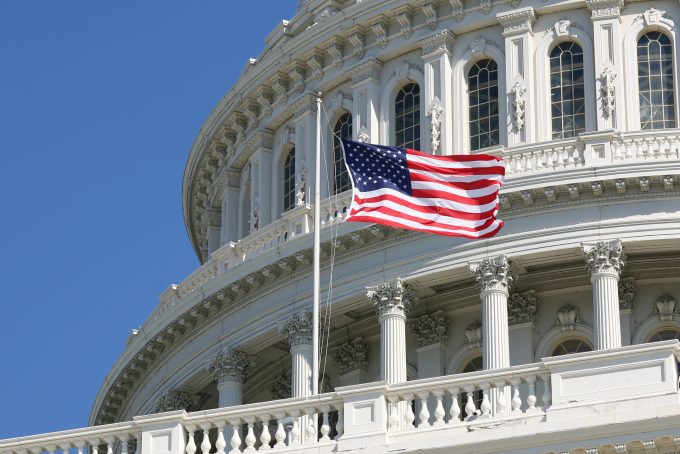
© Joseph Gough
US lawmakers have intercontinental e-commerce in their sights: the two properties of Congress facial area proposed legislation that seeks to control the move of e-commerce imports by eliminating exemption from obligations and taxes for shipments valued a lot less than $800, the de minimis regime.
Two charges, launched in the Property of Associates and the Senate, are not co-ordinated but share the same intention: to erect hurdles for e-commerce imports, specifically from China.
On line platforms like Shein, established in China but primarily based in Singapore, have been accused of “exploiting de minimis to stay away from responsibilities and import illegal items, like items manufactured in China’s Xinjiang location with compelled labour, an allegation Shein has vigorously denied.
Brian Bourke, CCO of Seko Logistics, claimed the legislative initiatives went “against the grain of US customs policy” in new decades, which has sought to ease trade limits. The threshold for exemption from tariffs was lifted in 2016 from $200 to its current level.
Whilst there is a genuine concern about counterfeit products and solutions, wellbeing and security concerns for consumers and unlawful visitors like medication, boundaries to trade were being not the adequate answer, he spelled out. As an alternative, info demands ought to be refined to give Customs better visibility of merchandise entering the US, he explained, incorporating that the initiatives could really show counterproductive.
A identical initiative a year in the past unsuccessful to locate traction, but this time there is a bigger possibility that the proposed alterations advance, warned Rick Watson, CEO of RW Commerce Consult.
These times US politicians want to be seen to just take a sturdy stance against China and to be supportive of American production, he included.
The proposal ahead of the Property of Representatives indicates countries other than China and other non-market place economies could continue to get pleasure from the US de minimis exemption if they were being to carry their have threshold to the same level. Most nations have considerably reduced de minimis exemptions than the US and Mr Watson does not consider many would agree to a considerable hike, hence this component could sink the proposed laws.
This proposal more envisages that visitors which qualifies for de minimis exemption need to be moved only by business carriers, not a postal service and Mr Bourke thinks there would be repercussions from this way too. For occasion, US corporations that have set up warehouses in China and Hong Kong may well be afflicted.
Even so, he additional: “There’s nevertheless a great deal of negotiating that will take place prior to this legislation will get handed. There is room for sector associations and trade groups to sign up for the dialogue.”
Just one stage seems to be apparent, on the other hand, the go provides fuel to the climbing desire in around-shoring.
“Near-shoring comes up in conversations with shoppers,” Mr Bourke mentioned. “Companies that have often sourced in China are adopting a China-additionally-one [other source nation] tactic.”
This has been a aspect in Seko’s final decision to open branches in Vietnam, Taiwan and Thailand, but firms are also wanting ever more to Canada, Mexico and Latin The us, he stated.
Mr Watson expects the aim on Mexico to intensify. A person possible circumstance would be for organizations to have parts developed in China and assembly in Mexico, he prompt.
